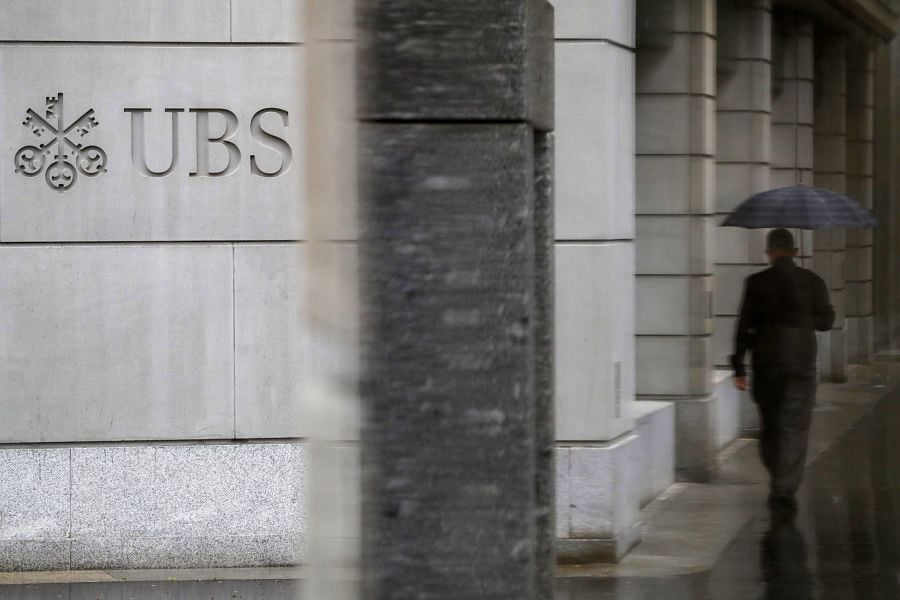

UBS Group Chief Executive Ralph Hamers suffered a surprise setback in his quest to make the Swiss wealth manager more digital after the $1.4 billion acquisition of a U.S. robo-adviser that formed a cornerstone of his push collapsed.
Late Friday, UBS and Wealthfront announced that the transaction they announced in January would not go ahead. Neither side specified a reason for the decision.
The deal would have been Hamers’ biggest transaction since becoming CEO less than two years ago, and was the centerpiece of his focus on broadening the Swiss lender’s wealth management offering beyond the traditional customer base through the use of digital platforms. At the same time, valuations for tech stocks have tumbled sharply in recent months, raising the prospect of UBS overpaying for its push into the U.S.
“This is a real strategic setback for UBS management,” said Michael Kunz, an analyst at Luzerner Kantonalbank .
UBS shares declined as much as 2.7% in Zurich on Monday, in line with the broader retreat in the Stoxx 600 Banks Index.
Founded in 2008, Wealthfront was an early robo-adviser, using algorithms to help users manage money. Zurich-based UBS was looking to add more than $27 billion in assets under management and over 470,000 clients in the U.S. through the purchase. Hamers has said the bank must embrace a broader base, even if it means pushing lower-margin, automated products that aren’t the hallmark of UBS’ personalized offerings.
After surpassing the $3 trillion mark in assets under management, UBS had been counting on greater use of digital technology to boost cost savings and increase business with the world’s wealthy. With a broad slowdown in Asian markets under way this year, the lender had also placed greater focus on opportunities in the U.S. to support growth.
Yet the aborted transaction is the latest in a string of failed digital projects that Hamers has led. As ING CEO, he bought the payments provider Payvision, but ING subsequently closed the unit’s adult industry portfolio and phased it out altogether after Hamers had left. ING also announced last year it’s closing its UK retail app Yolt for consumers. It was introduced in 2016 under Hamers.
The Dutch bank took an impairment charge on one of Hamers’ flagship projects, named Maggie, just four days after he became CEO at UBS, saying that the effort to streamline IT across several national markets had underestimated “the complexities and costs of cross-border system and product integration.”

Relationships are key to our business but advisors are often slow to engage in specific activities designed to foster them.

Whichever path you go down, act now while you're still in control.

Pro-bitcoin professionals, however, say the cryptocurrency has ushered in change.

“LPL has evolved significantly over the last decade and still wants to scale up,” says one industry executive.

Survey findings from the Nationwide Retirement Institute offers pearls of planning wisdom from 60- to 65-year-olds, as well as insights into concerns.
Streamline your outreach with Aidentified's AI-driven solutions
This season’s market volatility: Positioning for rate relief, income growth and the AI rebound
